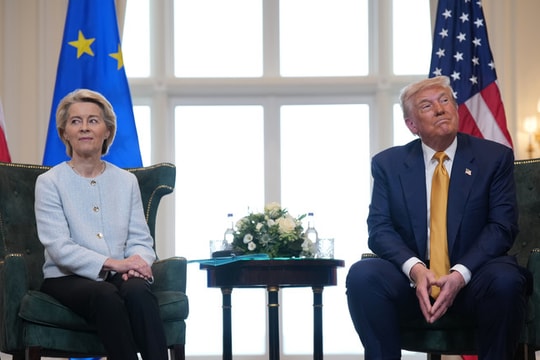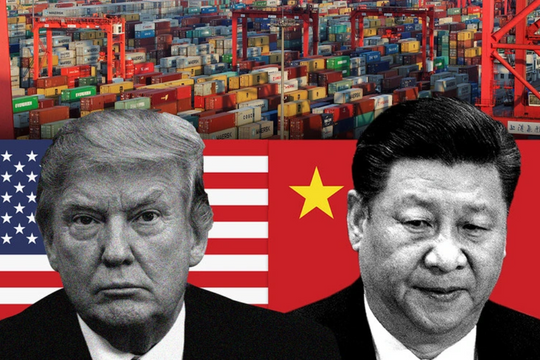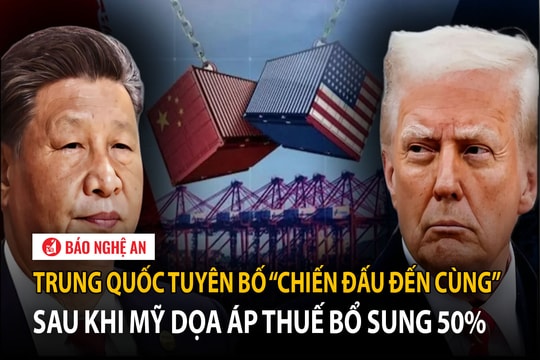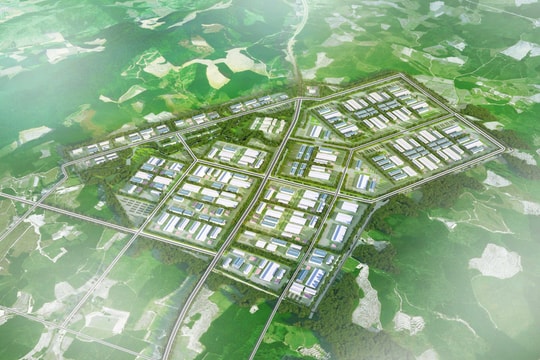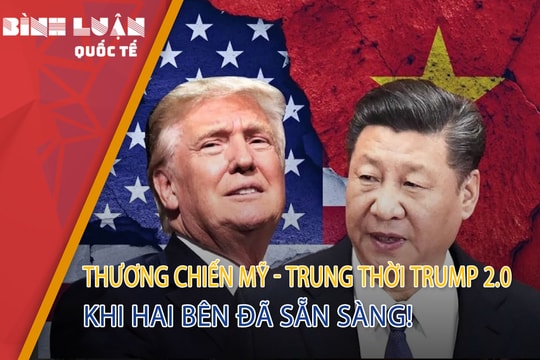US trade policy with China is still haunted by the 'ghost' of Trump
(Baonghean.vn) - Last April, leading economist at Yale University (USA) Stephen Roach questioned President Joe Biden's China policy, especially his trade policy.
“Why did he single out his predecessor Trump’s China policy as worth preserving, when he actually tried to wipe out every other potential Trump policy that he inherited? That’s an important question that needs to be answered.”
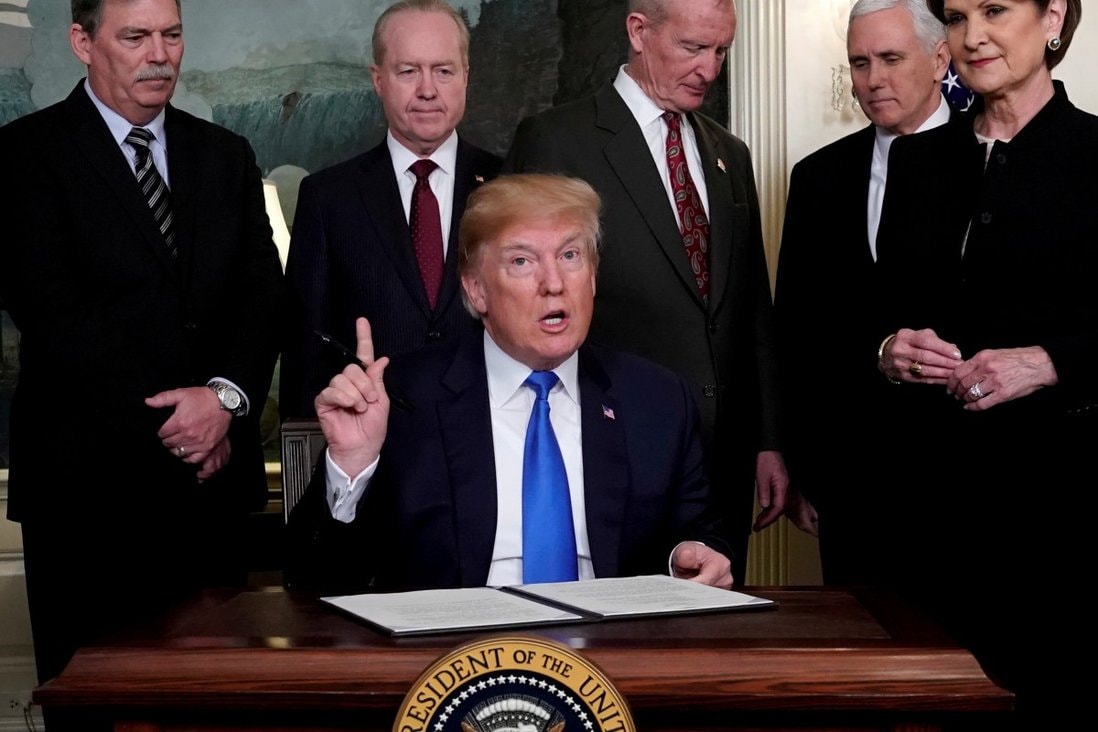 |
| Former US President Donald Trump. Photo: AP |
This is important not only for the US and China, but also for the global economy as leaders face the challenge of restoring economies affected by the COVID-19 pandemic and see the goal of restoring trade as essential. It is also important because the trade policies of his predecessor Donald Trump – not only on China but also in his rejection of multilateral cooperation in favor of bilateralism – have caused enormous economic damage that needs to be repaired.
“Anyone looking for a dramatic change in policy toward China from the previous administration will not find any evidence of that,” said Chad Bown of the Washington-based Peterson Institute for International Economics.
Therefore, the trade war with China will not end soon, and President Trump's tariff policy will remain. Based on the text of US Trade Representative Katherine Tai, expert Bown recognizes three important points. First, some of the "tariff exclusions" agreed by his predecessor Trump to provide relief to US companies most affected by tariffs will be restored. Second, China's "state-centric and non-market trade practices" that were ignored in the phase one trade deal remain a "serious concern", although Ms. Tai revealed that there are no plans for "phase two" negotiations anytime soon. Third, the US plans to “work with allies to set rules for fair trade in the 21st century, and promote the race to the top of market economies and democracies,” as well as recognize the importance of “drafting a new roadmap to change bilateral trade dynamics.”
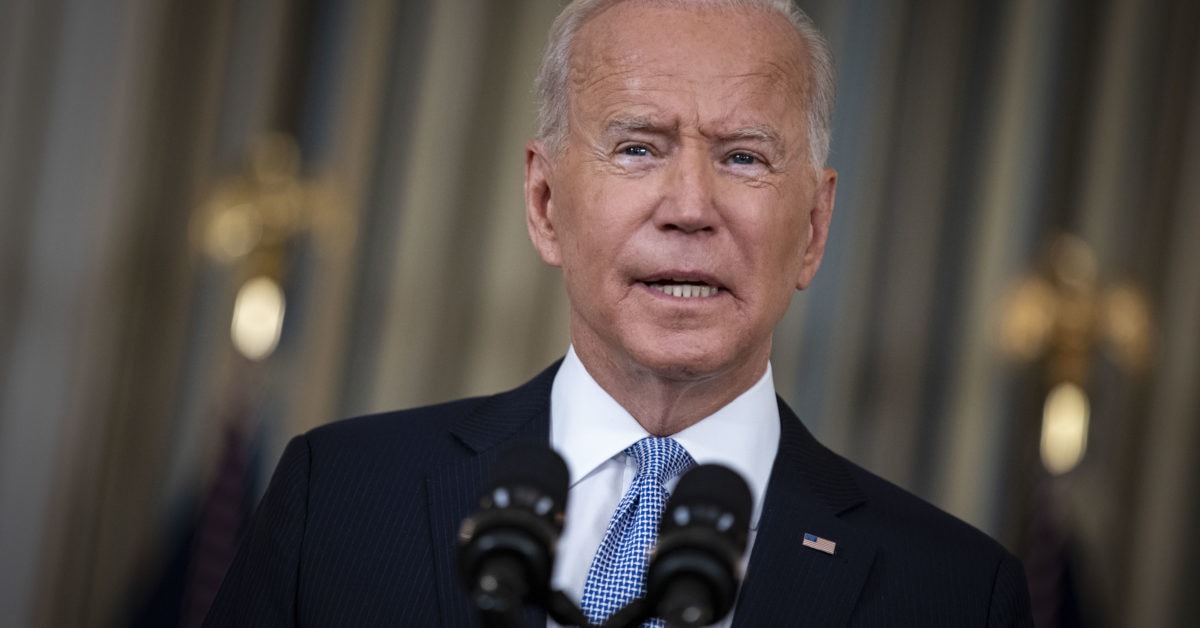 |
| President Joe Biden. Photo: AFP |
There are clear, albeit cynical, reasons for President Biden’s delay on trade. Most importantly, faced with bipartisan opposition to China and Democrats’ longstanding antipathy toward trade, Biden cannot afford to waste political capital on one issue—China or trade—because that could harm the midterm elections in November. Another important factor is the administration’s preoccupation with defense and security rather than trade and economics.
Wang Huiyao, an expert at the Center for China and Globalization, said that the Washington administration has a firmer view on “Asian Security” than “Asian Economy.” He noted: “The lack of deep engagement in this trade area is a major flaw in America’s Asia strategy.” Wang’s view was echoed in a Financial Times editorial last week: “Without an economic dimension alongside defense and security efforts, President Biden’s Indo-Pacific strategy is just a two-legged stool.”
Given Mr Trump’s preposterous claim that “trade wars are good and easy to win,” President Biden is clearly fearful of the political consequences of opposing his predecessor. For clarity on US trade strategy, perhaps Ms Tai is the wrong person to listen to. Perhaps the words of Secretary of Commerce Gina Raimondo are more solidly based: “We don’t want a cold war with China. It’s too big an economy—we want access to their economy, they want access to ours.”
This is probably close to the truth, but for the sake of precious midterm votes, President Biden is unlikely to say so anytime soon. Meanwhile, the delay and specter of his predecessor, Trump, will prevail.

